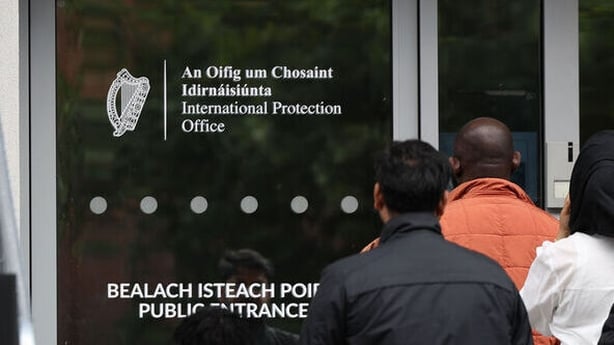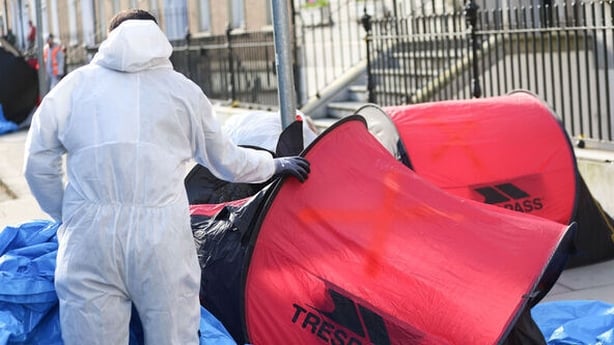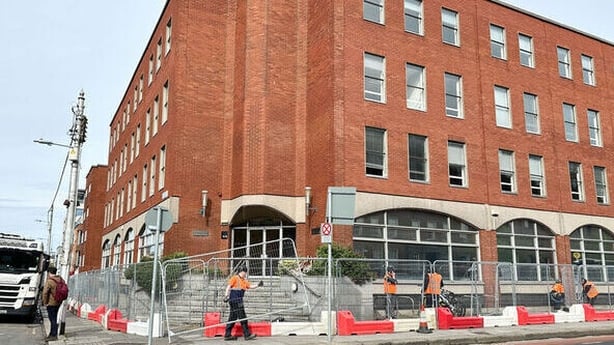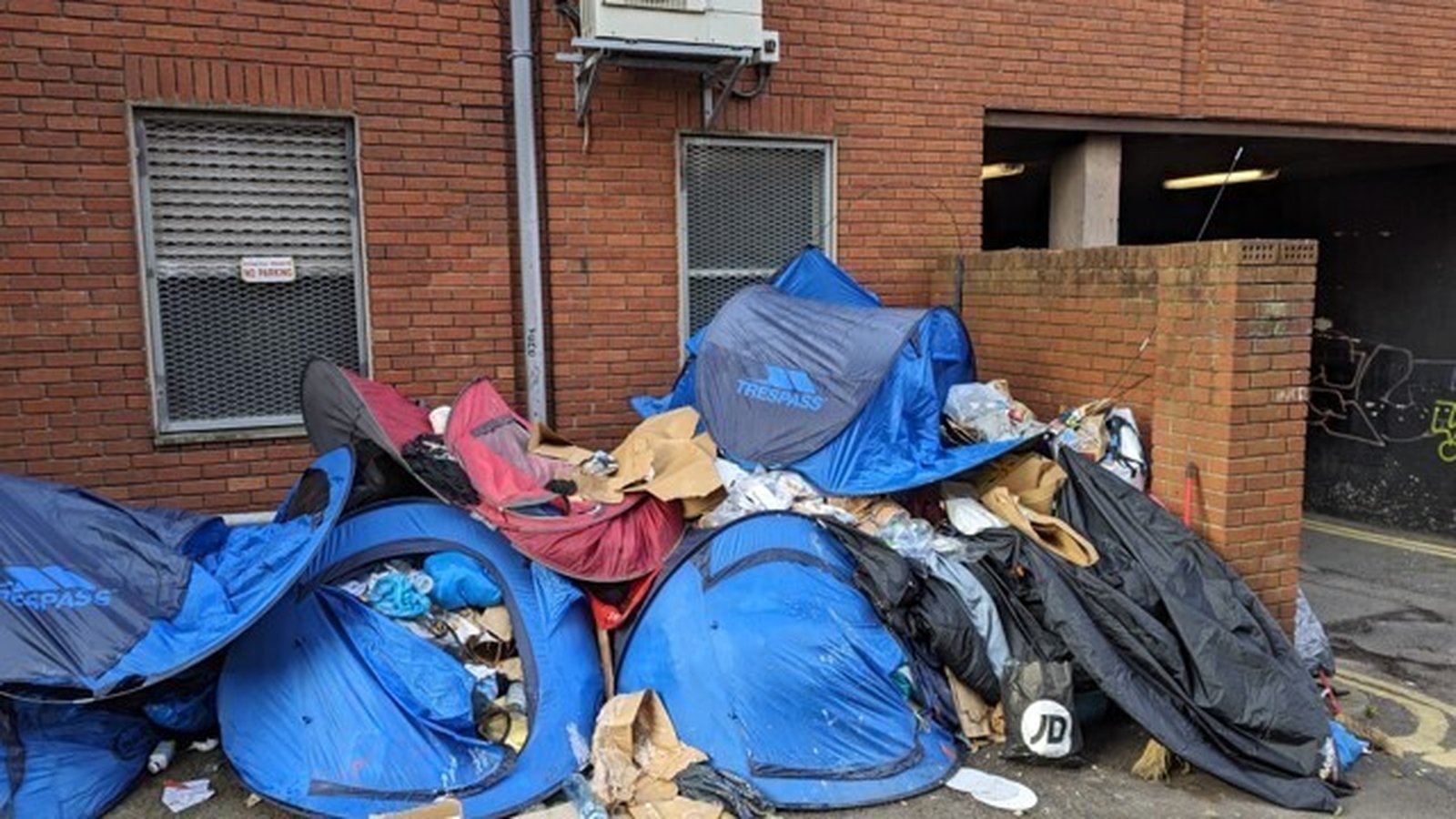On a cold night in Dublin, volunteers are meeting at their usual safe points to travel together along the canal and to areas where they know international protection applicants in the State are sleeping in tents.
There have been more than 18,075 applications for International Protection for the year up to December 2024, according to the Department of Justice.
Across Ireland, local communities have protested the prospect of hundreds of migrants and asylum seekers receiving State accommodation in the past year which has led to tensions in communities
A recent report by the Irish Refugee Council highlighted the dangers facing volunteers supporting protection applicants on Dublin’s streets.
Several of the female volunteers said they were regularly subjected to harassment, from anti-migrant and far right groups.
Integration.
One of these volunteers, Catherine, became involved in volunteering in Dublin because she saw the amounts of tents appearing along the canal in Dublin this year, not far from where she lives.
She said: “I live nearby, and I couldn’t help but notice the number of tents increase this year.
“I came down and started chatting with some of the guys and realised they are nice guys. Like anybody in need I didn’t want to pass them by.
“I got more and more involved. A lot of the asylum seekers don’t have great English, so I started some classes with them.
“The men are vulnerable to racist abuse. The men appreciate you coming down to talk to them and it’s a nice thing to do. You learn their stories.”
“We are all human and we came here for safety and protection as we suffered in our own countries. One sleeping bag in this cold weather is not enough.”
Another volunteer, known as Prince, who is originally from Pakistan, also shared his experiences of being one of the men who found himself living in a tent when he originally came to Ireland and to how he now volunteers.
He said: “I slept in a tent when I first arrived for 22 days which was a warm welcome for me.
“I never expected I would stay in a tent. Now, I am just doing volunteering helping my brothers who are vulnerable.
“The canal is so risky. When people arrive, the system needs to give immediate accommodation. It’s risky sleeping in a tent with the far right.
“We are all human and we came here for safety and protection as we suffered in our own countries. One sleeping bag in this cold weather is not enough.”

The Department of Integration has also said that Local Authority Integration Teams (LAIT) have now been established in each of the 31 local authorities.
It said: “The integration teams work directly with people seeking international protection as well as those who have been granted status to remain in Ireland.
“The integration teams hold targeted information clinics and events to provide valuable support, advice and guidance to people.”
Safety
The makeshift encampment surrounding the International Protection Office on Mount Street in Dublin became a big focus earlier this year with many people unhappy with the conditions the men were living in.
International protection applicants were moved to Crooksling near Tallaght in Dublin when the encampment on Mount Street was dismantled.
Fiona O’Reilly, the former CEO of SafetyNet Primary Care, treated the medical needs of the men at Mount Street and then again at Crooksling.
Fiona’s experience as a doctor was, as she described, “challenging” when the men were moved to Crooksling.

She said: “When Crooksling opened, and I went in initially myself when it opened to set up the health provision services there. I was blocked from getting in, middle class people stood around my car, and they would not let me in.
“They hurled abuse at me, used their phones to threaten me to put me on social media and they did. As I said before, I worked in war zones with Somalia warlords and health access was always respected for the enemy, for whoever.
“These kinds of racism that does not respect even providing the basic human needs for people who are destitute. I have never seen that before.”

Another volunteer Gráinne also shared her experience.
She said: “There’s been moments that I have felt unsafe and that’s with a lot of Irish people coming down and spreading hate.
“There’s been far-right people, and they have particularly wanted to target volunteers and it’s been really scary at times.
“I am a parent, and I have had times when volunteering people have come over and filmed my car registration.
“I have also been there when there’s been violence towards the men and it’s been terrifying, there’s been nights that I thought someone was going to die.”
The Department of Integration said work is underway to develop a new migrant integration strategy.
“This new national strategy will build on the momentum of its predecessor and address emerging needs in supporting and promoting migrant integration in Ireland.
“The strategy will serve as the government’s primary policy framework for supporting the integration of all migrants and people from a migrant background.
“The new strategy will be published next year.”
A new show exploring the role volunteers have played in the migration crisis airs at 7pm on RTÉ Radio 1.

